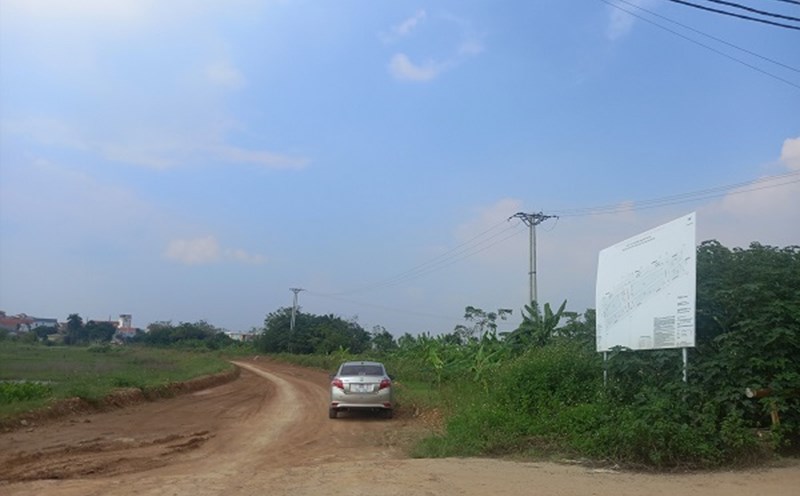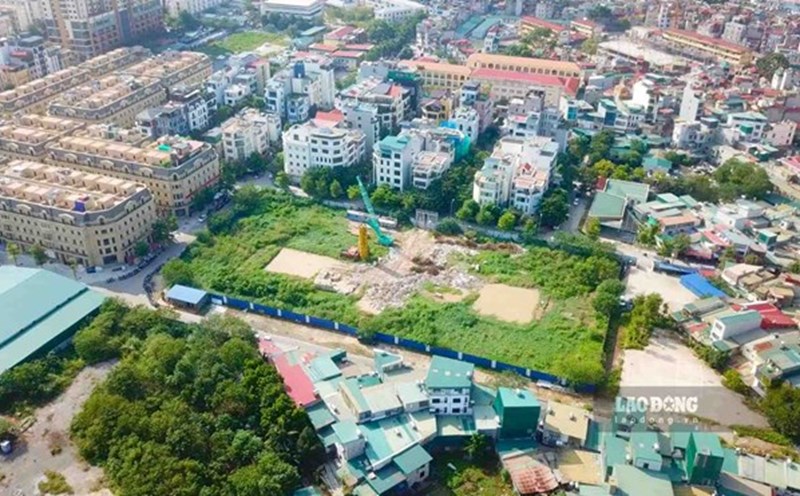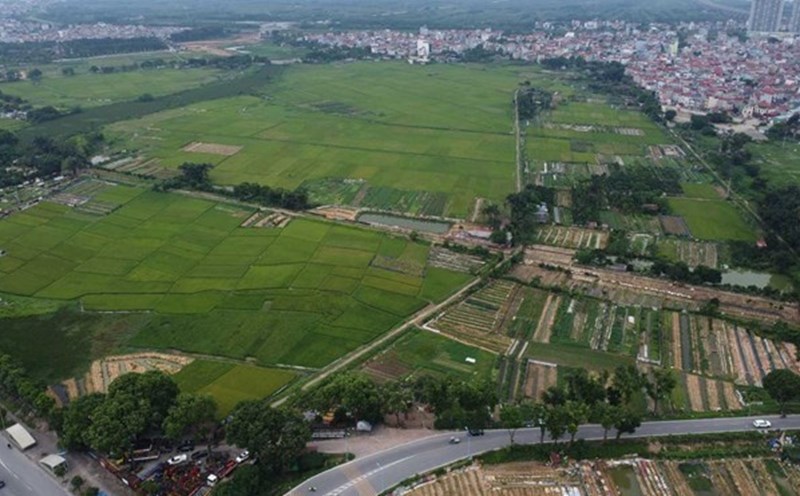Regarding planning and land use planning: The Land Law has innovated the process, content, and methods of planning and adjusting land use planning and planning in the direction of ensuring consistency with the Planning Law, compatible land use planning with industry plans, enhancing decentralization to localities to create proactiveness and flexibility in land management and promotion, serving the requirements of local socio-economic development, avoiding overlap in planning and approving plans that cause waste to the state budget.
Regarding land allocation, land lease, and permission to change land use purposes. The Land Law has clearly stipulated the cases of land allocation without land use fees, land allocation with land use fees, land lease with one-time land rental fees for the entire lease term, land lease with annual land rental fees in accordance with the nature and purpose of land use, in the direction of basically implementing the form of land lease with annual land rental payments to ensure a stable source of revenue for the state budget.
Providing in detail the cases, conditions, and bases for implementing land allocation and lease through the forms of not auctioning land use rights, not bidding to select investors to implement projects using land; auctioning land use rights; bidding to select investors to implement projects using land; agreement to receive land use rights.
Decentralize all authority to approve the conversion of rice-growing land, protective forest land, and special-use forest land to the Provincial People's Councils to create initiative for local authorities in allocating land funds for socio-economic development, while enhancing the responsibility of local authorities in land management in the area.
Regarding land recovery, compensation, support, and resettlement: The Land Law has detailed regulations on cases where the State reclaims land in cases where it is necessary for national defense and security purposes; socio-economic development for national and public interests to ensure publicity, transparency, and compliance with the Constitution; clearly stipulate the basis and conditions for land recovery to ensure completeness, ease of implementation, and create favorable conditions for investors to access land.
Clearly stipulate the process and responsibilities of agencies, unions, organizations and individuals in land recovery, compensation, support and resettlement. Diversify forms of compensation, support, and resettlement; stipulate the principles for completing the approval of compensation, support, and resettlement plans and resettlement arrangements before land recovery, and at the same time stipulate criteria for technical infrastructure, social infrastructure, and location of the resettlement area to ensure living conditions equal to or better than the old residence.
Regulations on compensation, support, and resettlement are all in a more beneficial direction for people whose land is recovered.
Regarding land finance and land prices: The Land Law has removed the regulation on land price framework, assigning localities to issue annual land price lists to suit the actual situation of land prices in the locality; supplementing regulations on land price lists according to value zones and standard land plots; clearly stipulating cases of applying specific land price lists and land price; specifying 04 methods of land valuation and conditions for each method; stipulating the authority to decide on specific land prices; regulating the stabilization of land rents for the 5-year cycle for cases of land lease with annual land rental payments and controlling the increase rate of land rents compared to the previous cycle to create conditions for businesses to be proactive in production and business plans.











